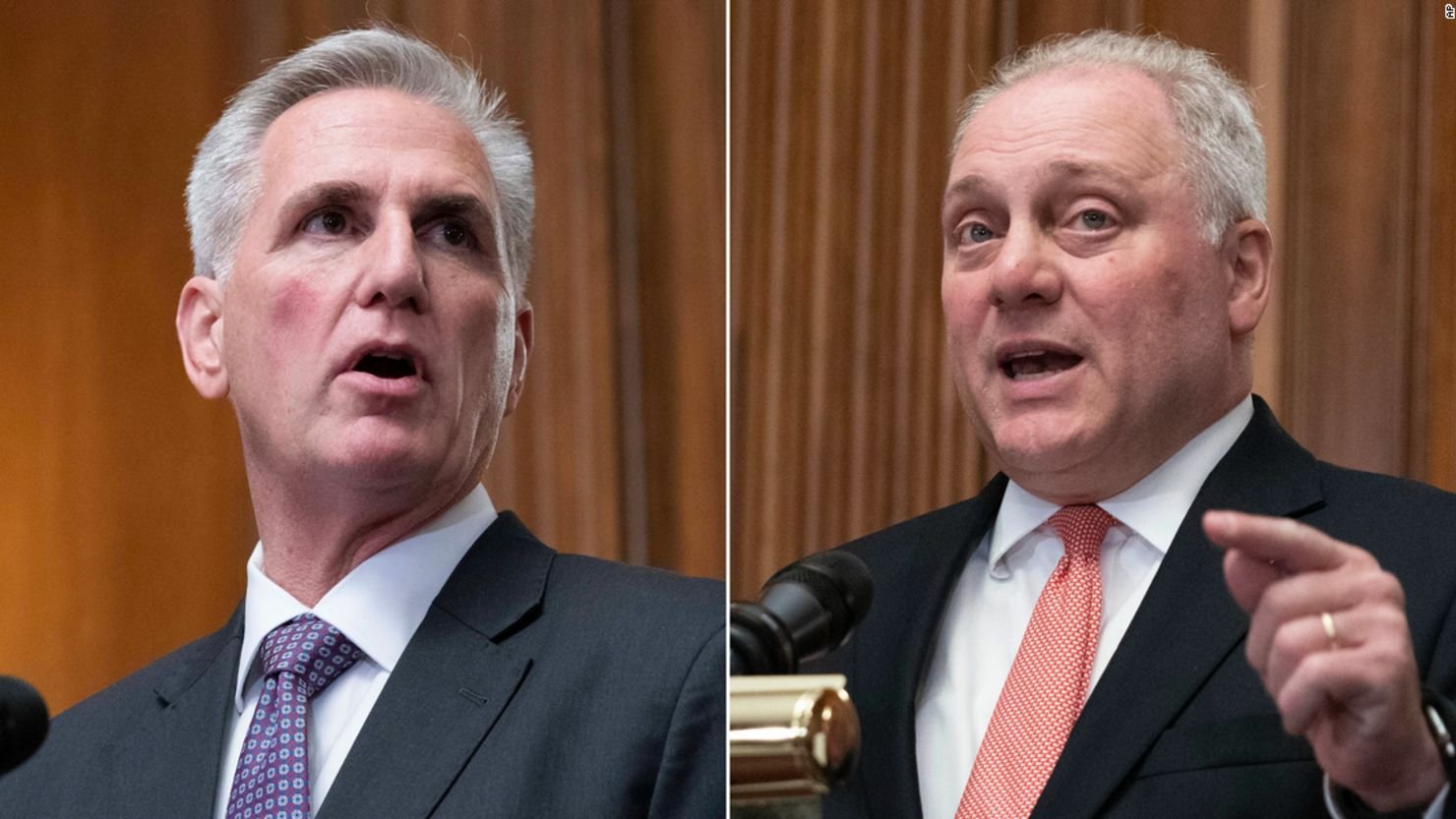The ongoing struggle within the Republican Party to address and penalize conservative dissenters has resurfaced, escalating tensions in the House of Representatives. In a closed-door meeting on Wednesday, a renewed push to punish a handful of the most conservative lawmakers gained momentum. The frustration among some Republicans stems from the continued disruption caused by these conservative rebels, particularly members of the House Freedom Caucus, a group known for obstructing spending agreements, foreign aid, and other critical legislation.
During the weekly Republican meeting, Rep. Max Miller from Ohio explicitly targeted the House Freedom Caucus during the open mic session. Miller advocated for discipline and structure within the Republican ranks, calling for repercussions against Rep. Bob Good, the chair of the Freedom Caucus, and other right-wing conservatives who have been rebelling. Miller proposed actions such as removing them from committee assignments or cutting off access to campaign fundraising as potential consequences.
Miller emphasized the need for humility among Congress members, stating, “No one here is special. And I think everyone in Congress needs to hear a lot that sometimes they don’t matter. Because sometimes their egos are so big that they think the world is to themselves.”
Miller also accused top Republican leaders of appeasing the GOP rebels, specifically questioning why Good was given more speaking time compared to other members. According to Miller, this preferential treatment reflects a fear of Good within the leadership, a sentiment he claimed not to share.
Responding to Miller’s suggestions, Rep. Bob Good dismissed the notion that he receives more speaking time as “silly” and responded with a blunt “good luck with having a majority” in Congress.
The power dynamics within the House Republican caucus have been strained for some time, with the House Freedom Caucus often wielding outsized influence due to the narrow Republican margin in the House. Last year, tensions reached a boiling point when a small group of GOP officials voted with Democrats to remove former House Speaker Kevin McCarthy from his post, leading to weeks of infighting and paralysis in the House.
Miller’s public call for consequences underscores that these tensions persist and could heighten as conservatives express their grievances over the latest government spending battle. The House Freedom Caucus has been particularly critical of House Speaker Mike Johnson and GOP leaders for their approach to government funding, leading to a procedural vote disruption on the House floor.
Members not aligned with the Freedom Caucus are urging their colleagues to align with the majority of the conference that follows the elected leaders. Rep. Ryan Zinke from Montana, a former Navy SEAL, emphasized the need for unity, stating, “From a commander’s perspective, we don’t have command of the field. We don’t have the Senate. We don’t have the administration. We have power but we can only wield it if we work together.”
Others, like Rep. John Rutherford from Florida, suggested that disruptive members should face consequences, criticizing the hardliners for demanding 100% of everything in negotiations, which he deemed impractical.
As the Republican Party grapples with internal divisions, the outcome of this power struggle may have significant implications for its ability to present a united front in the face of Democratic control of the Senate and White House. The debate over how to handle dissent within the party highlights the broader challenges Republicans face in finding common ground and effective strategies to advance their agenda.
